Campus Principal Antoine announces return of Research and Development Impact Fund at Research Awards and Festival 2025
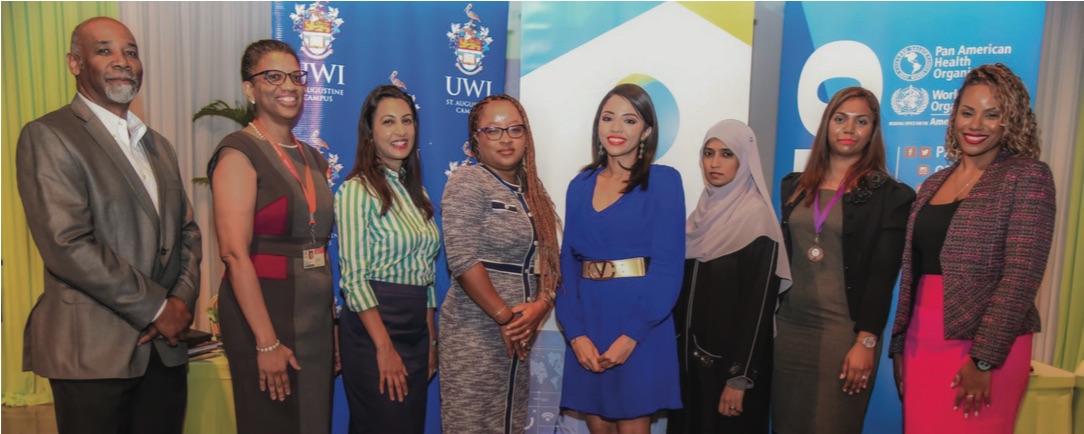
Research is a major priority for UWI St Augustine, and now the campus has intensified that commitment even more. Researchers at UWI have been invited to apply for up to TT$1 million each for their projects through the university’s Trinidad and Tobago Research and Development Impact Fund (RDI Fund). Campus Principal Professor Rose-Marie Belle Antoine made the announcement during her address at the third annual Principal’s Research Awards and Festival 2025 on Wednesday, November 26.
Prof Antoine announced the re-opening of the RDI Fund which is designed to support research projects that address pressing developmental needs. She reminded the audience that last year the government committed TT$10 million to research at the campus. “That promise was realised in this year’s budget by the new government, so I want to thank both administrations. That is how we should be working.”
One hundred and ninety-seven research abstracts were submitted for presentation under the festival’s theme, “Research Innovation for Present and Future”. Areas covered included agri-food technology and policy for food and nation security, biodiversity, climate change, disaster management, health and more.
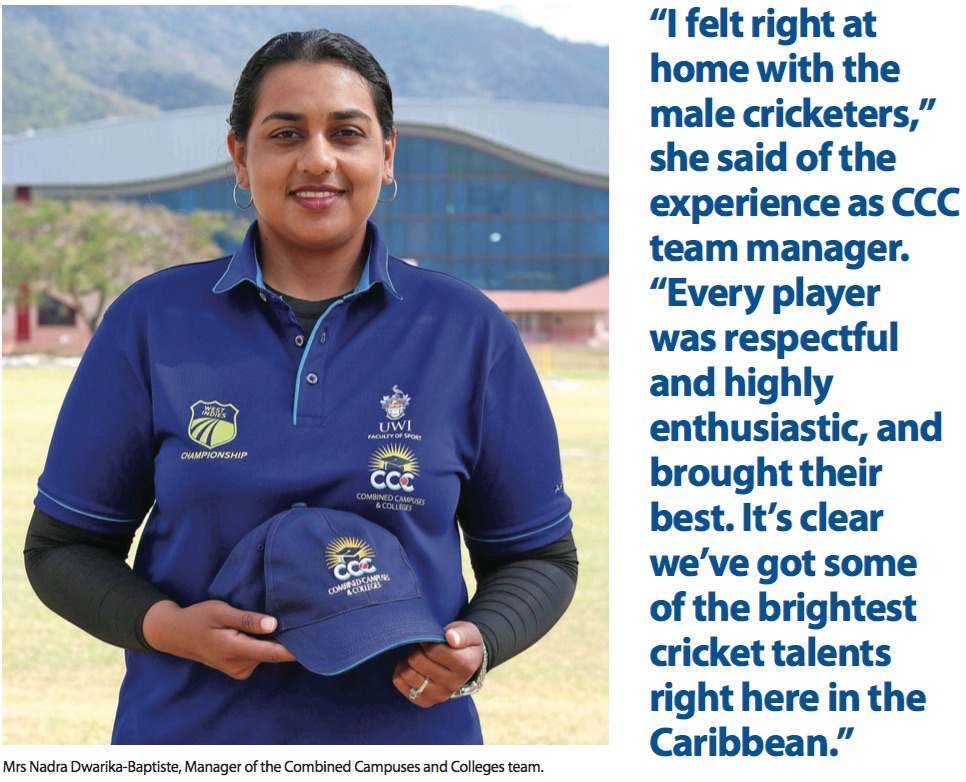
The event kicked off three days of what has become a UWI tradition. Eight faculties participated in the showcase of research and development, highlighting the various projects’ alignment with national, regional and United Nations Sustainable Development Goals. After the awards ceremony, Prof Antoine officially opened the festival and visited booths highlighting research projects. Oral presentations and poster presentation sessions based on the festival themes were held on November 27 and 28.
“The UWI Principal’s Business Breakfast”, a gathering to engage the private sector businesses to commercialise the campus’s UWI MADE products, and a workshop on “University-Industry- Government Partnerships for Research Innovation” were also held. Senator Professor Prakash Persad, Minister of Tertiary Education and Skills Training, was one of the panellists at the workshop.
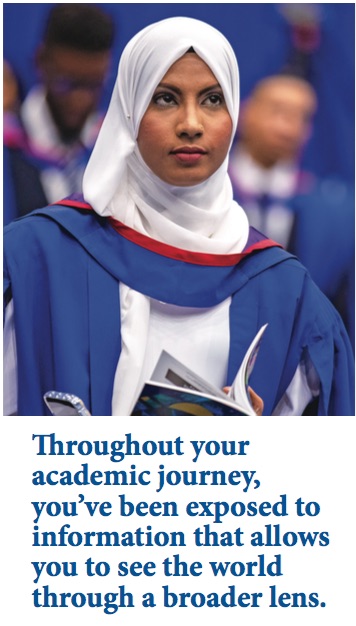
The 2025 awardees with senior members of The UWI St Augustine Campus community.
“The work on our campus illustrates that research is not abstract. It is a catalyst for transformation, and our identity as small island developing states makes our position unique, our challenges certainly intricate, and our vulnerabilities complex,” declared Prof Antoine during the research awards ceremony.
Michelle Mycoo, Professor of Urban and Regional Planning, was one of the winners of the Principal’s Award for Best Researcher for her work in Caribbean urban development and climate change adaptation. The other recipient was Professor of Food Science and Technology Rohanie Maharaj for her research in food quality and safety, post-harvest technology, and development of sustainable materials.
For the second year, honourees were presented with the Hurricane and Earthquake Alleviation Research (HEAR) Award which was introduced by Prof Antoine to encourage research and innovation related to hurricanes and earthquakes. The HEAR award was the only category open to the public.
‘Research and innovation do not happen in isolation. We need collaboration and partnerships to be the fuel. We need to do more in this country and this region. We need to have a national and regional research agenda to guide and stimulate research and development.’
CAMPUS PRINCIPAL, PROFESSOR ROSE-MARIE BELLE ANTOINE
Part of that award is to remind the public and our stakeholders of the dangers we face. Climate change concerns all of us,” she said. “So, whether we are addressing pandemic preparedness through the One Health Laboratory or engaging in work on Caribbean jurisprudence and education, we know that research needs to be applied for it to be truly meaningful.”
The joint HEAR award winners were the Barataria Climate Smart Hydroponic Edible Landscape Initiative, a community-led model for hurricane-resilient urban food security, and The Beyond the Waves Therapeutic Programme for Psychological Innovation for Health and Climate Resilience in Post-Hurricane Caribbean Communities created by Karen Hatch, a clinical psychologist.
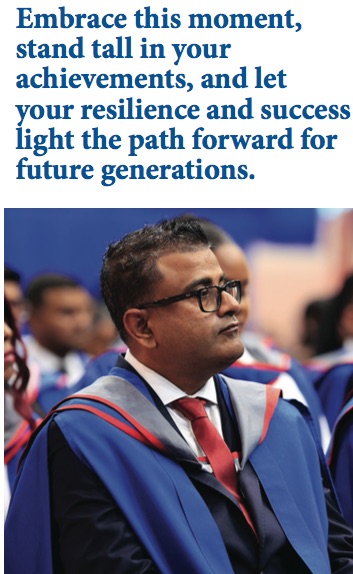
FROM LEFT: President of the Barataria Community Council Ms June Rogers, Professor Antoine, and representatives of the Beyond The Waves Therapeutic Programme: Dr Sarah Subhan, Ms Dionne Brewster-Phillip, and Ms Karin Hatch, with the $10,000 cheque for their joint Hurricane and Earthquake Alleviation Research (HEAR) award.
Among the many winners were Dr Benjamin Brathwaite, a senior lecturer at the Department of Modern Languages and Linguistics, and activist and interpreter Ian Dhanoolal were awarded for Most Impactful Community Research for their project Deaf Caribbean Academic Network Research.
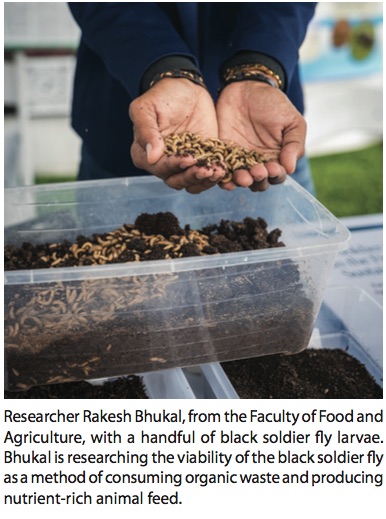
Soil scientist and laboratory technician Dr Sunshine De Caires was one of the honorees for Most Outstanding Graduate Researcher. She has pioneered the use of electromagnetic induction and geostatistics to map soil properties efficiently. Her mentor, Dean of the Faculty of Food and Agriculture Dr Mark Wuddivira, was recognised as Most Outstanding Mentor.
Dr Kegan Jones, a lecturer at the School of Veterinary Medicine, was honoured as the Most Promising Early Career Researcher for his work with neotropical, non-domesticated animal production, neotropical, small and the use of animal products as functional food.
A special recognition for the Best Team Research Award went to Mr Stokeley Smart, a senior lecturer in actuarial science, and his team. They developed “Smart Tables”, using actuarial knowledge to create complete mortality tables for CARICOM nations.
Dr Kenneth Charles, Senior Lecturer in Haematology at the Faculty of Medical Sciences, received the special recognition for Most Impactful Community Research for the project “Action Research to Introduce Community Voluntary Non-Remunerated Blood Donation in Trinidad and Tobago”.
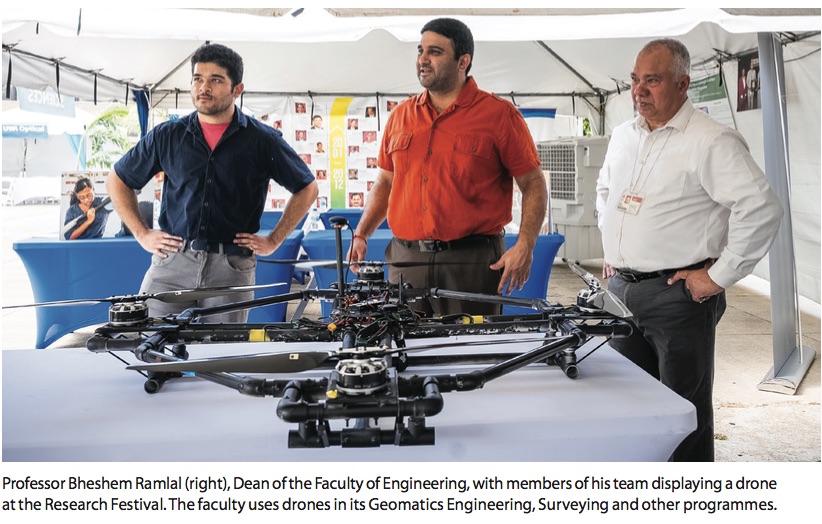
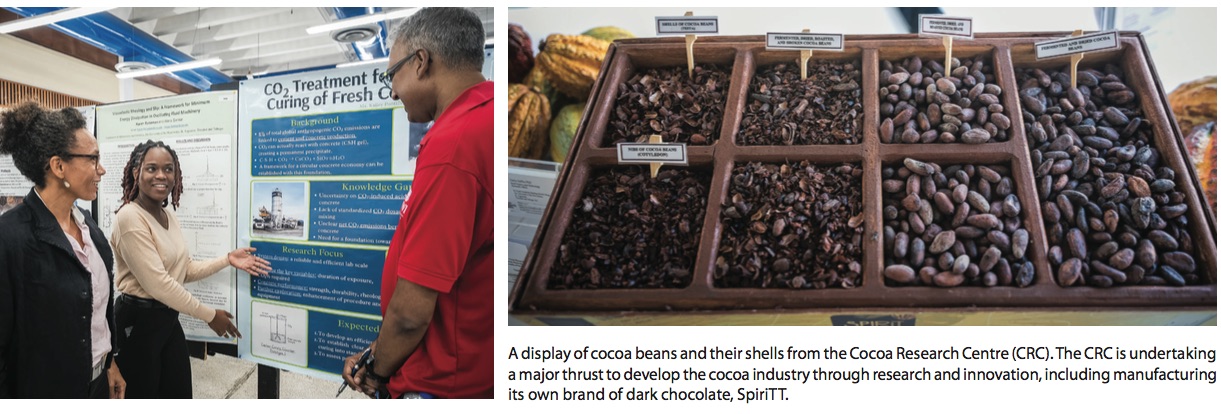
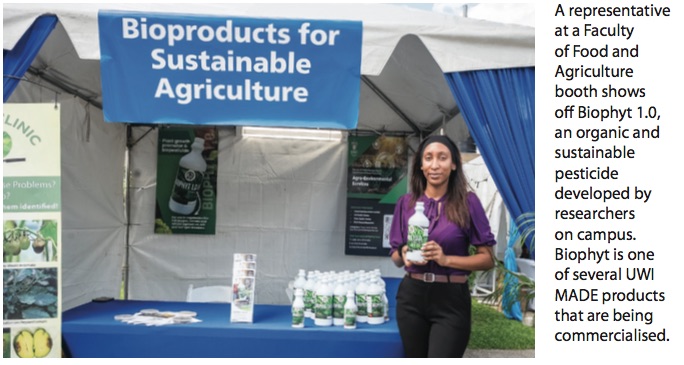
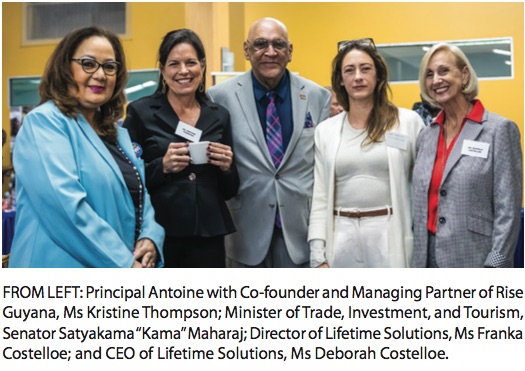
During the proceedings, Principal Antoine also launched the STA Research Digest 2025, which features the nearly 200 abstracts submitted by research students. She made a call for a national and regional research agenda to guide and stimulate research and development, and advocated for a clear pathway for research projects which incorporate national and regional needs as well as those of industry and government.
She noted that research and development is the core of UWI.
“I happen to believe it is our greatest gift to the region, to the country,” she said, “and dare I say, in some respects, the world.”
For the full list of winners and their work, view the award citation booklet here: https://shorturl.at/SfO9j
To view the Research Digest, please visit: https://shorturl.at/M4mpN